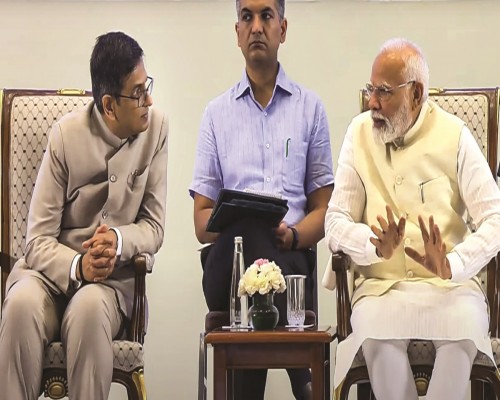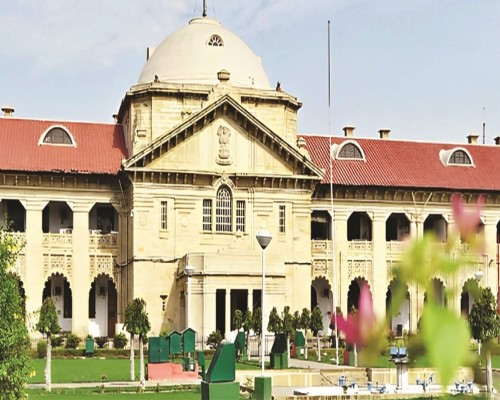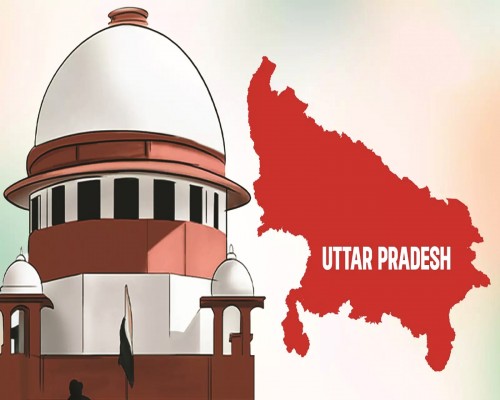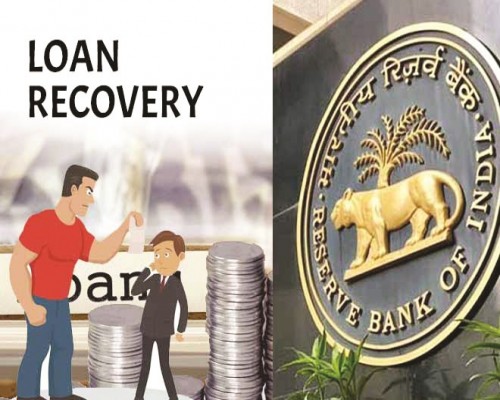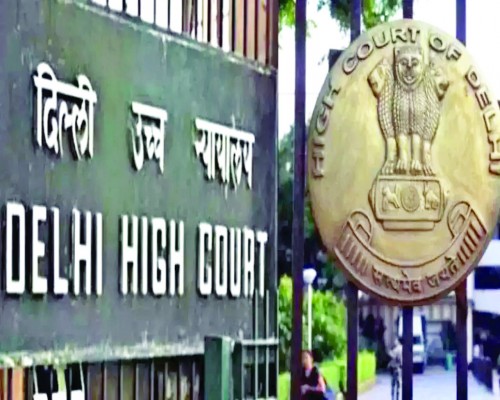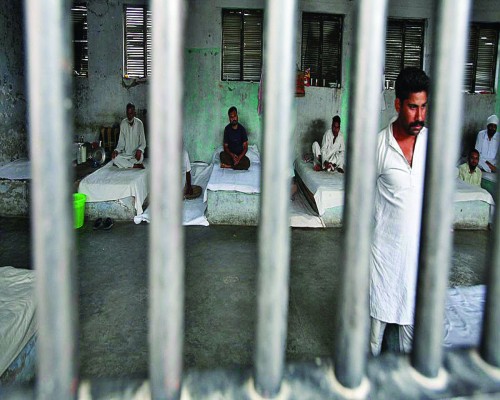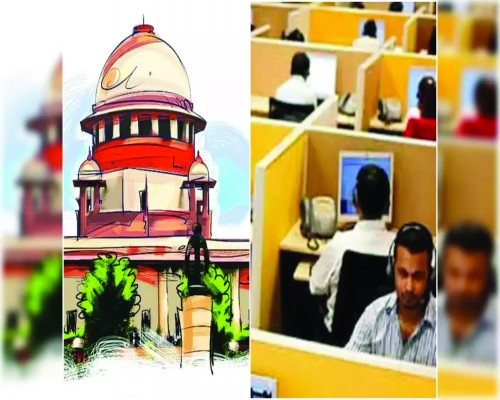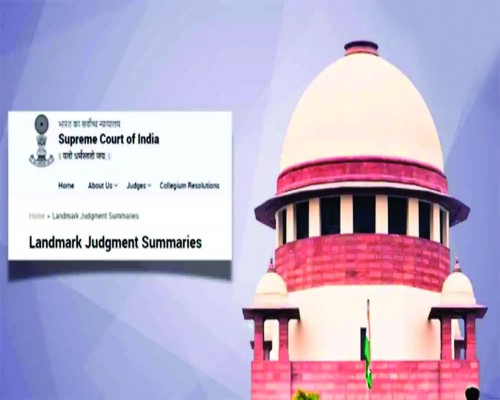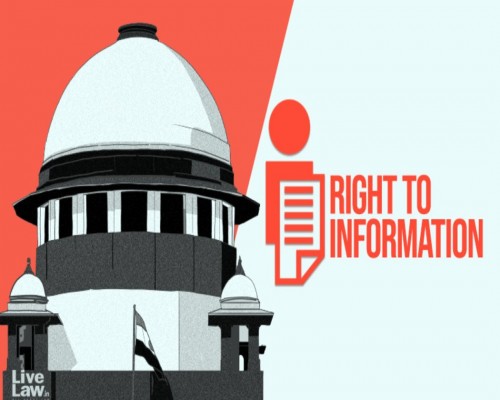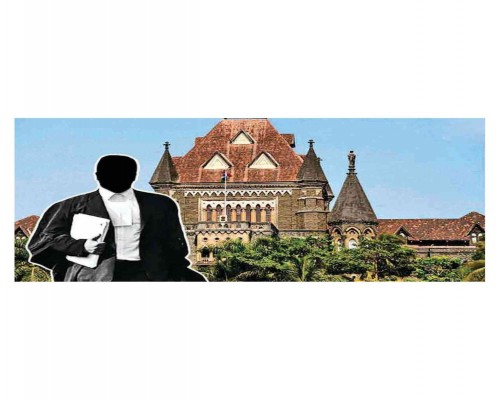Oral Evidence Mandatory for Severe Disciplinary Actions Against Government Employees: Supreme Court
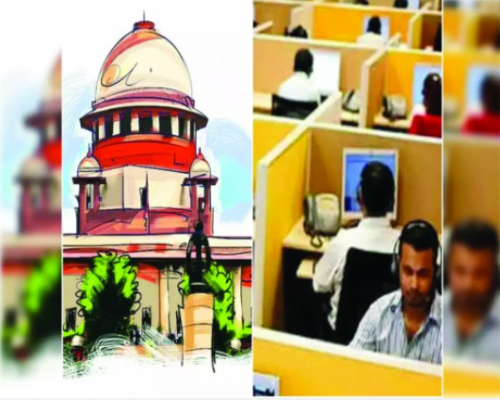
The Supreme Court has ruled that oral evidence is essential in disciplinary inquiries under the Central Civil Services (Classification, Control, and Appeal) Rules, 1999, when proposing major penalties against government employees. This landmark judgment reinforces the principle of fairness in disciplinary proceedings.
Overruling the Allahabad High Court Decision
The apex court set aside a decision by the Allahabad High Court's Lucknow bench, which upheld disciplinary actions against a government official without sufficient oral evidence. The official had been penalized with censure, suspension of salary increments for two years, and denied promotion. Challenging this order, the official approached the Supreme Court, highlighting procedural lapses in the disciplinary process.
Importance of Oral Evidence
The Supreme Court emphasized that disciplinary authorities must adhere to procedural fairness by presenting oral evidence to substantiate allegations against public servants. Written documentation alone cannot suffice in cases involving severe penalties, as it may lead to unjust outcomes.
Call for Procedural Integrity
This judgment underscores the necessity of following due process in disciplinary proceedings and ensures that government employees are granted a fair opportunity to defend themselves against charges. The ruling serves as a significant precedent in safeguarding the rights of public servants while maintaining accountability.



